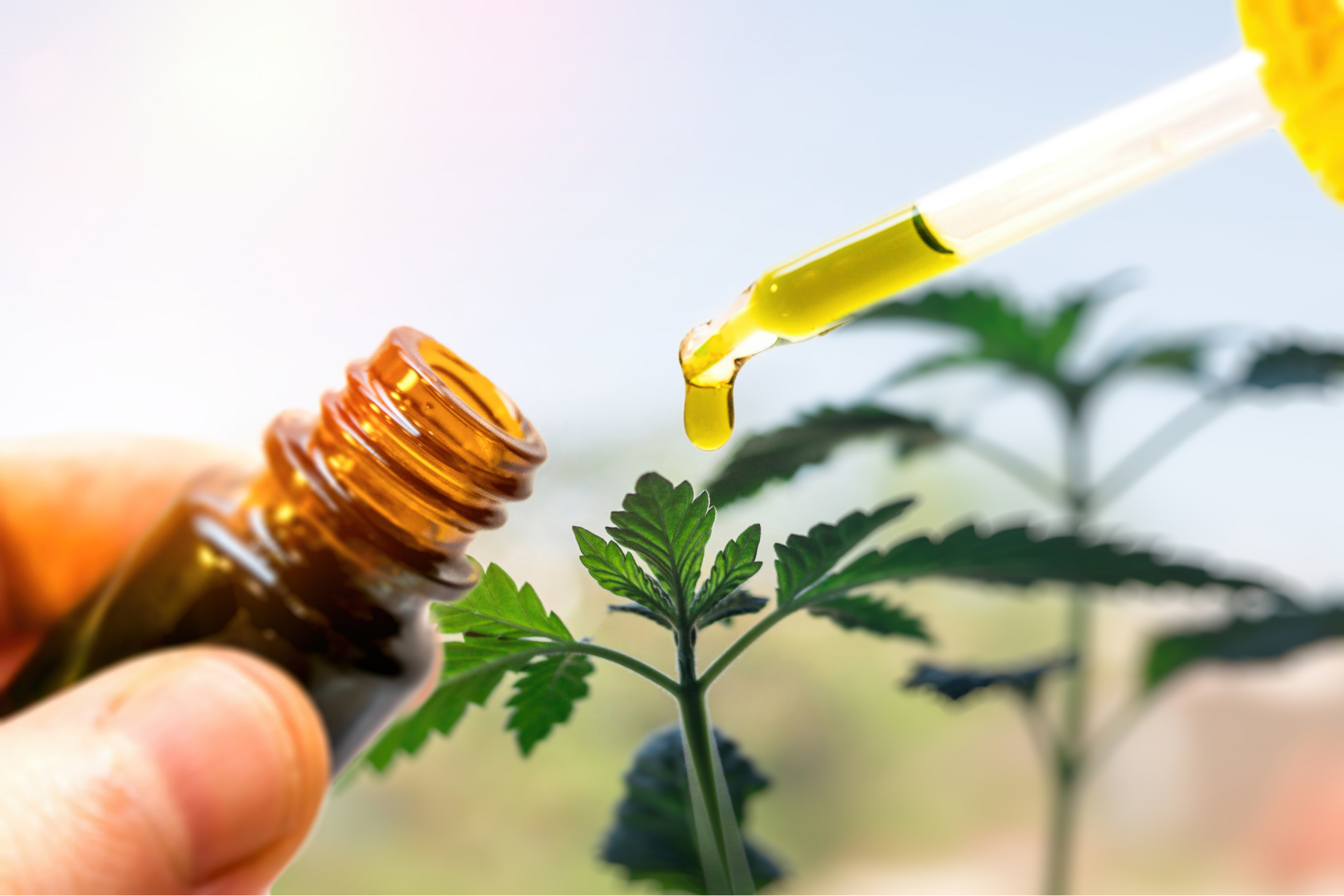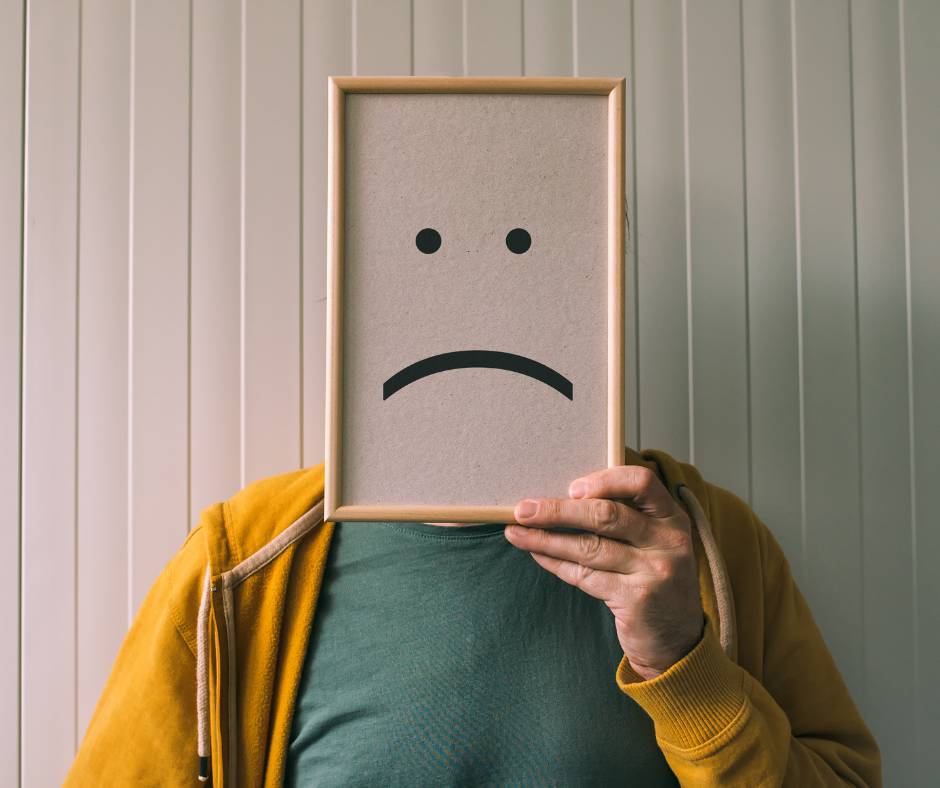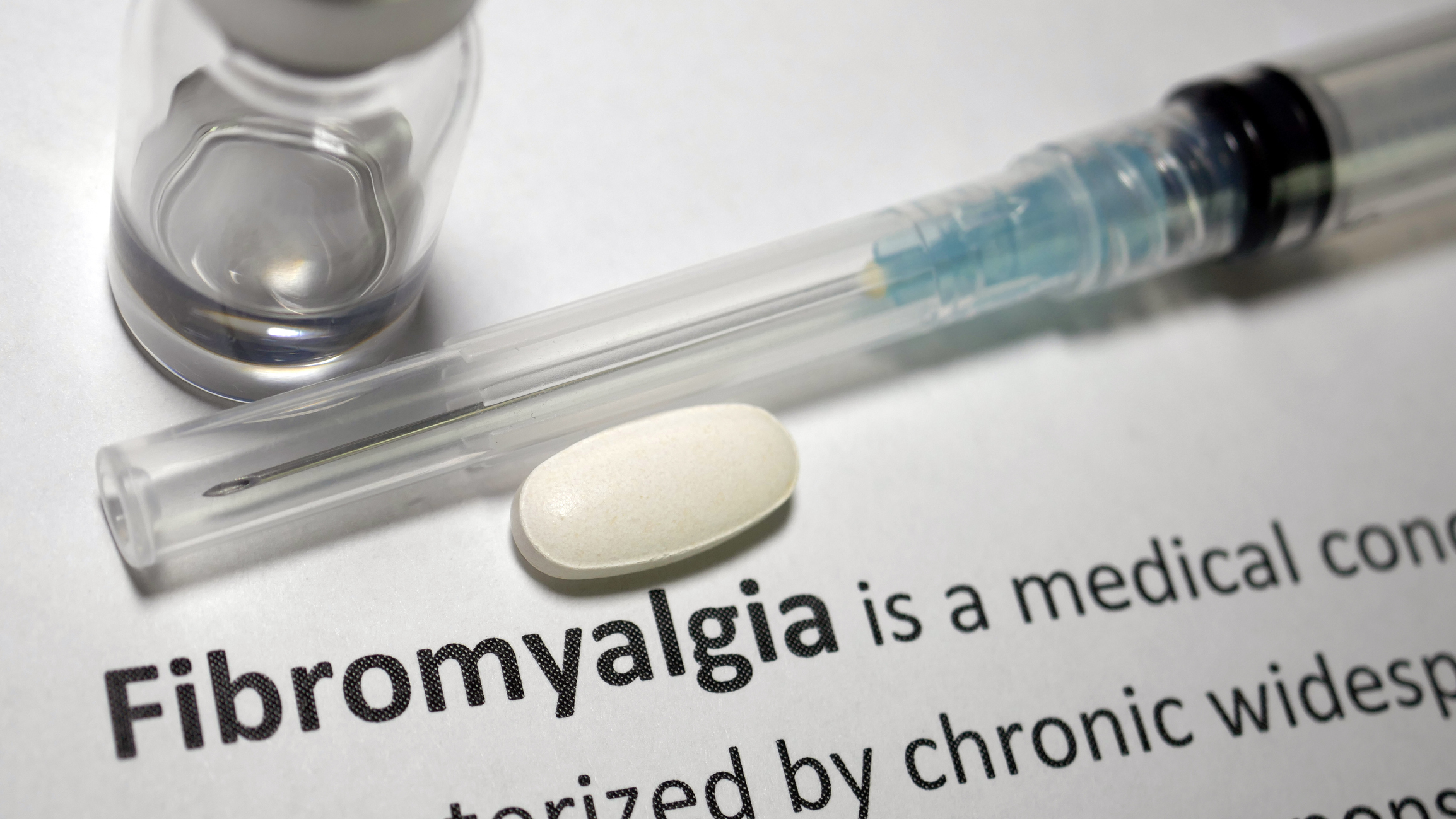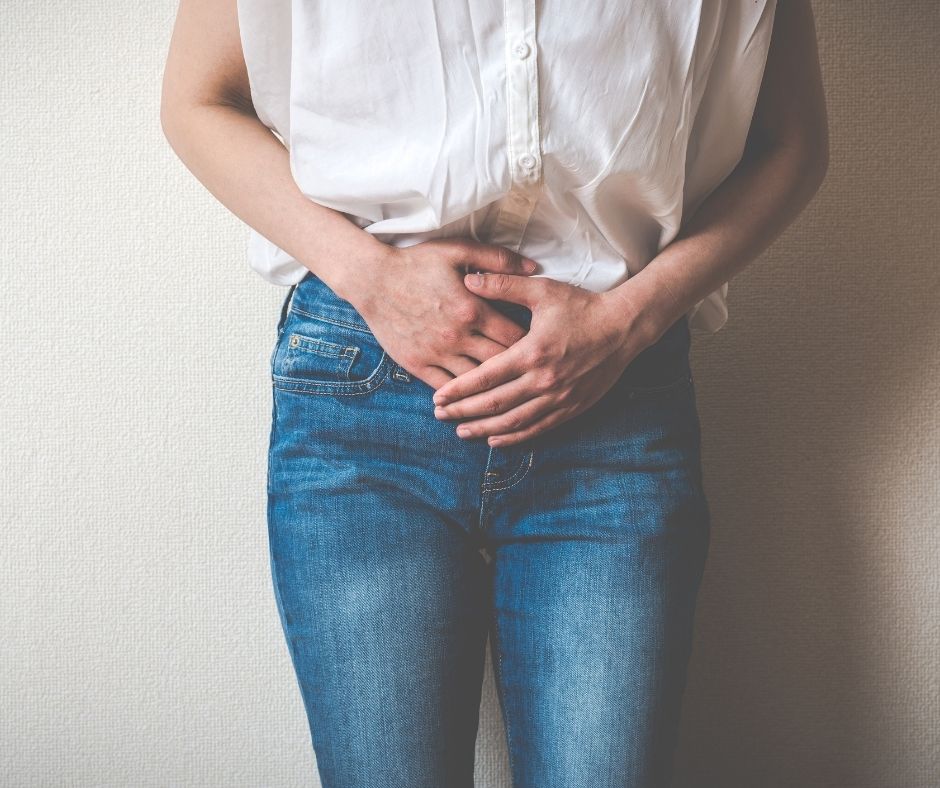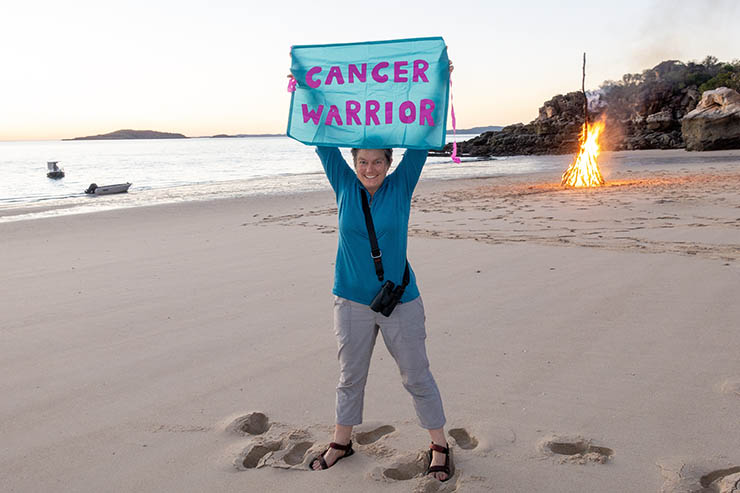In the US, as around the globe, several political battles are in progress, as well as the raging pandemic that is close to its one-year mark, and economic crises. Here on our home soil, marijuana decriminalization and legalization are hot topics, but across the pond, the waging war between parents of children with epilepsy and the National Health Service (NHS) continues to grow.
In Telford, England, we learned about another child who has a rare form of epilepsy known as “Landau Kleffner syndrome.” It occurs in children usually between the ages of three and nine years and is characterized by loss of language skills and silent electrical seizures during sleep. It may be associated with convulsive seizures and additional difficulties with behavior, social interaction, motor skills and learning. While not usually life-threatening, it can significantly impact negatively on quality-of-life unless it responds well to treatment. It occurs in approximately one child in a million.
Unfortunately for Sienna Richardson, aged seven, and her family, the realities of LKS are heart-wrenching, made worse by the fact that cannabis medicine has shown great results in her symptoms, but like others in the UK, the cost and legalities associated with cannabis medicine make it difficult to depend on supply. The Richardson family was able to secure a prescription for Bedrolite, a medical cannabis oil through a private physician and her mother dubbed it a “miracle.” Minimal progress in the UK for cannabis as medicine includes a change in the law to allow the prescription of cannabis-based medications, but some families can’t secure it on the NHS, which is government-run healthcare used by nearly all UK residents. Sienna’s treatment was estimated at £15,000 (roughly $20k in US) and while the family was able to raise just over half of that, they secured the prescription.
Sienna’s mother, Lucy Richardson, said they saw improvements within weeks. “Since taking it she is able to understand and speak normally,” she said. “She is living a normal life, she is still in mainstream school, playing with friends, she is doing really, really well.”
The medication costs about £1,400 per month, which the family will have to fund themselves in the new year. They are supporting a campaign by End our Pain and Epilepsy Action for access to cannabis-based medicines for children with severe and treatment-resistant epilepsy, but the inherent issue with this type of regulatory restraints becomes more widespread. As a parent, how can you acquire medication that clearly helps your child when you can’t afford it and risk breaking the law to obtain it?



